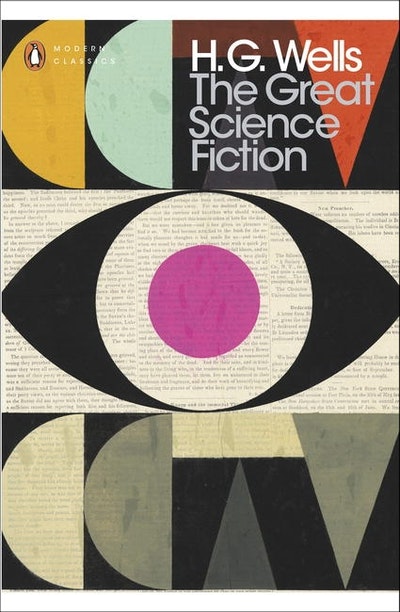- Published: 20 April 2005
- ISBN: 9780141441061
- Imprint: Penguin Classics
- Format: Paperback
- Pages: 288
- RRP: $30.00
The Sleeper Awakes
Rediscover H.G. Wells - what does he mean to you?
A troubled insomniac in 1890s England falls suddenly into a sleep-like trance, from which he does not awake for over two hundred years. During his centuries of slumber, however, investments are made that make him the richest and most powerful man on Earth. But when he comes out of his trance he is horrified to discover that the money accumulated in his name is being used to maintain a hierarchal society in which most are poor, and more than a third of all people are enslaved. Oppressed and uneducated, the masses cling desperately to one dream - that the sleeper will awake, and lead them all to freedom.
- Published: 20 April 2005
- ISBN: 9780141441061
- Imprint: Penguin Classics
- Format: Paperback
- Pages: 288
- RRP: $30.00
Other books in the series
About the author
H.G. Wells was a professional writer and journalist who published more than a hundred books, including pioneering science fiction novels, histories, essays and programmes for world regeneration. He was a founding member of numerous movements including Liberty and PEN International - the world's oldest human rights organization - and his Rights of Man laid the groundwork for the 1948 Universal Declaration of Human Rights. Wells' controversial and progressive views on equality and the shape of a truly developed nation remain directly relevant to our world today. He was, in Bertrand Russell's words, 'an important liberator of thought and action'.


























































































































































































































































































































































































































































































































































































































































































































































































































